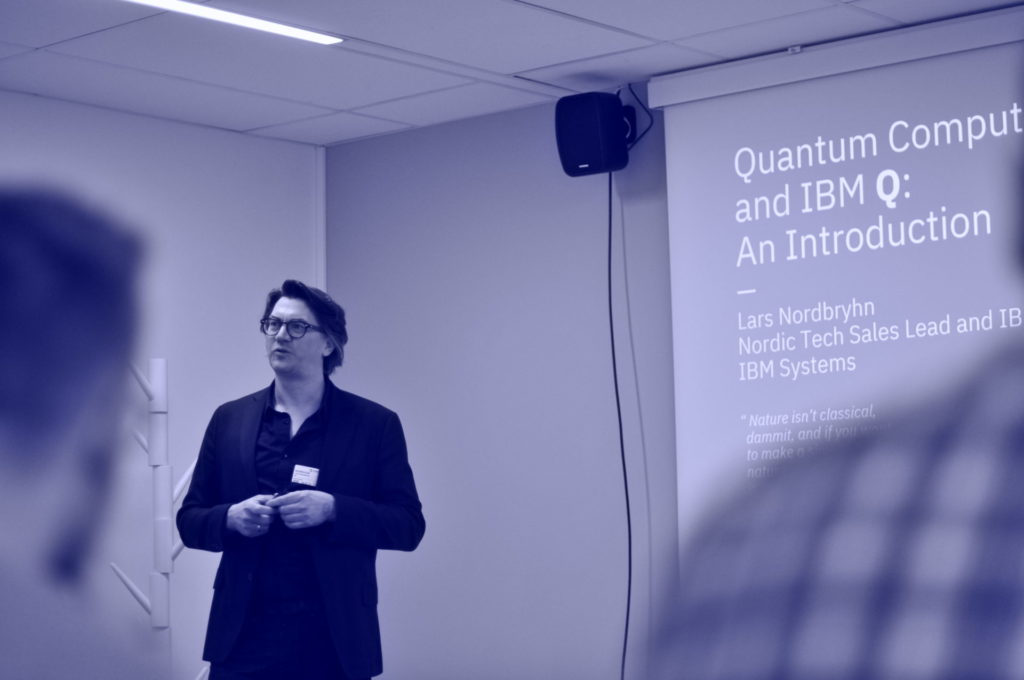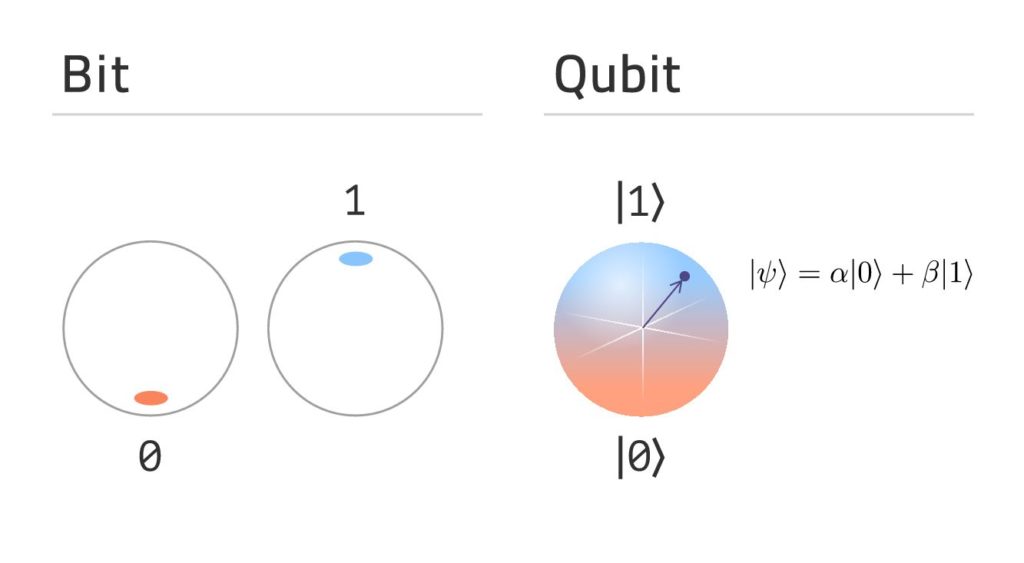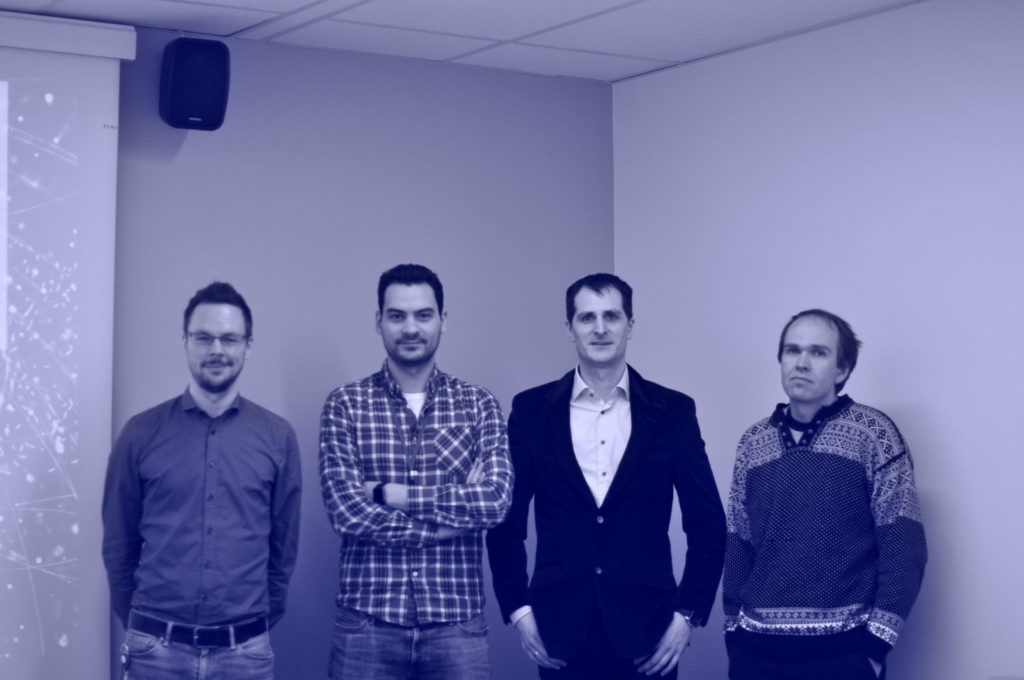At SINTEF we just started a strategic project to investigate the possibilities and application areas of quantum computing. We arranged a kick-off in Oslo to mark the beginning of the project.

What is quantum computing?
Quantum computers are an emerging technology that has significant disruptive power. The reason for this disruptive power is that quantum computers open the possibility to tackle certain types of problems that are beyond the reach of classical computers, even supercomputers. In that sense, a quantum computer is not a faster version of a classical computer, it is much more.

Quantum computing will reshape entire businesses
Known areas where quantum computers can lead to a revolution are, e.g., the design of new drugs and materials, the improvement of artificial intelligence and optimization tasks such as fleet management of taxis, trucks, ships, etc. As quantum computers are increasing in maturity, research on algorithms that are dedicated to utilizing the power of quantum computers is moving from being a niche that only a few people look at theoretically, to an active area of research on a larger scale. More practically relevant application areas are expected in the future.

When will quantum computers become relevant?
Both industry and national research programs in the EU, US and China are currently investing heavily into developing the technology on the hardware side. Considering the obstacles of operating on nanoscale in cryogenic (very low) temperatures, major progress has been made. Currently the expectations around quantum computing are hyped.
However, according to leading companies like IBM, the realization of the first noisy-intermediate scale quantum (NISQ) computers is expected within the next 2 to 5 years. NISQ computers are expected to outperform classical computers on industrially relevant problems.
The full impact through universal fault-tolerant quantum computers, however, is more than a decade away.As Xiaodi Wu, an assistant professor at the University of Maryland’s Joint Center for Quantum Information and Computer Science puts it: “We’re at a stage where we don’t have applications next month or next year, but we are in a very good position to explore the possibilities,”
It is important to prepare businesses for the age of quantum computing now.
A new generation of scientists
In order to harness the power of quantum computers, development of quantum algorithms and software must be made as well. Quantum algorithms have a notoriously steep learning curve and require fundamentally different techniques and approaches than conventional software.
As these devices represent a paradigm shift, a paradigm shift in thinking is called for as well.
Quantum computers have become available to the general public, mostly through cloud services from companies like IMB, Rigetti and Microsoft. This makes for a great tool for education and research.
Two summer interns, master students from the NTNU, will be associated to this project.
Heading forward
Finding application areas for quantum computing that are practically relevant is an ongoing research task. In this project we will focus our research mainly on
- methods for simulation,
- optimization,
- image processing, and
- machine learning.
The outcome of our project will be a state-of-the-art report with an executive summary, meant to guide industry. We will investigate and implement algorithms that can unlock the advantages of quantum processors.
If you are curious about the topic of quantum computing and want to know more or is interested in collaboration, feel free to get in contact.












Comments
No comments yet. Be the first to comment!